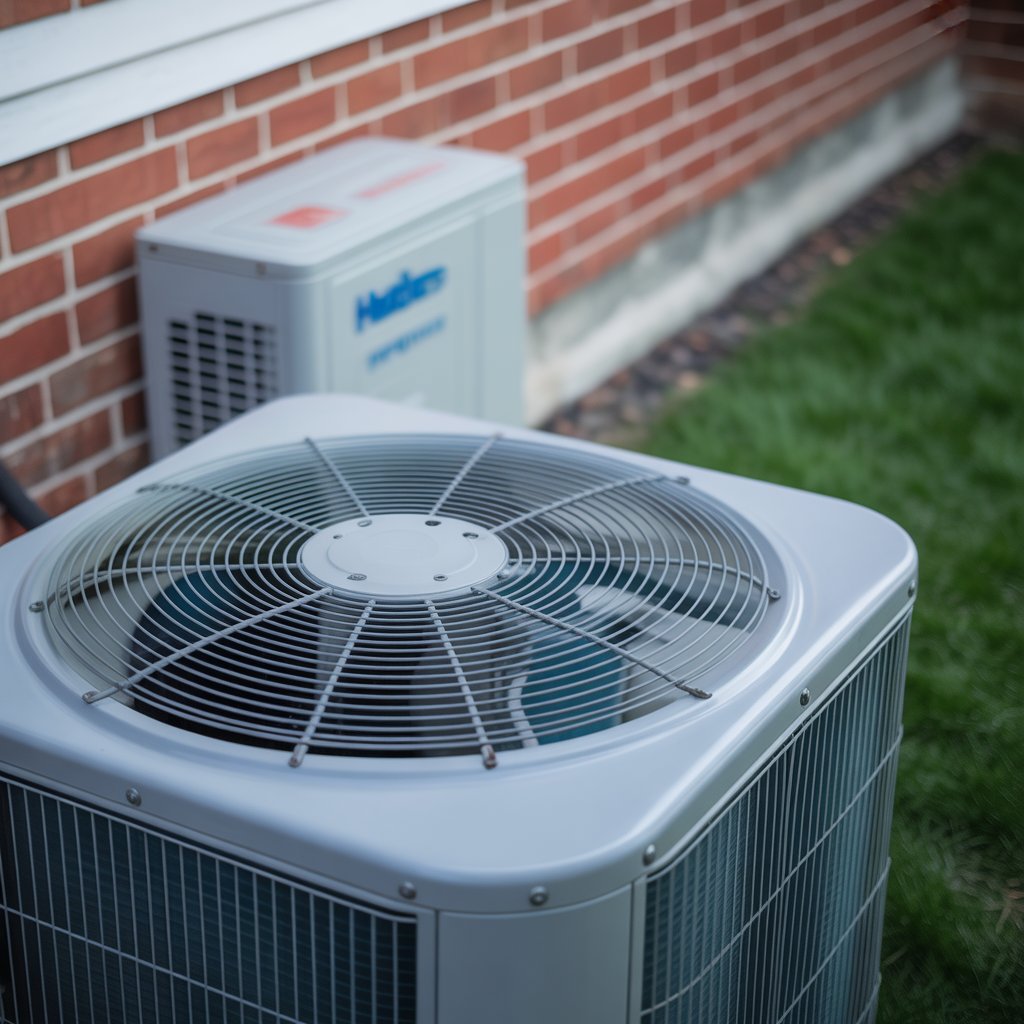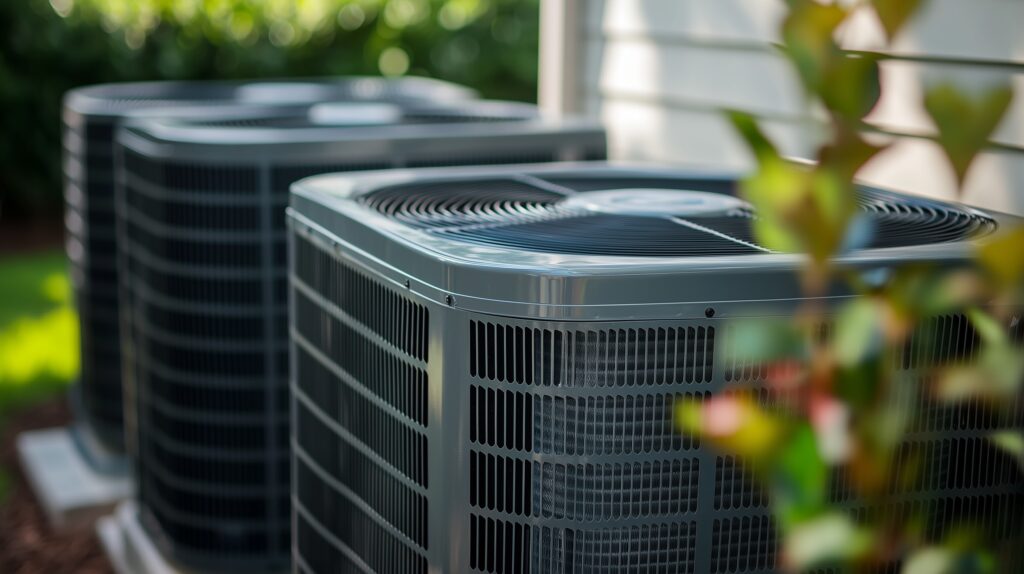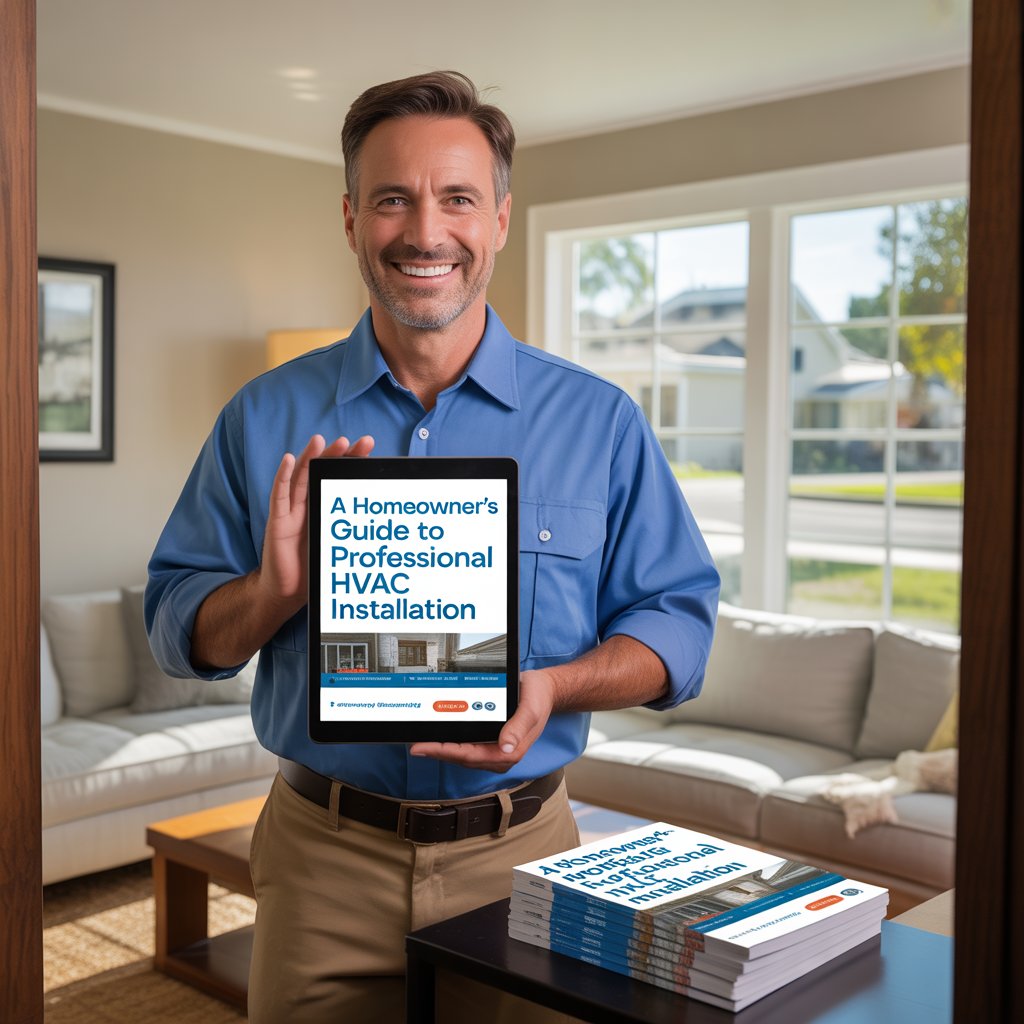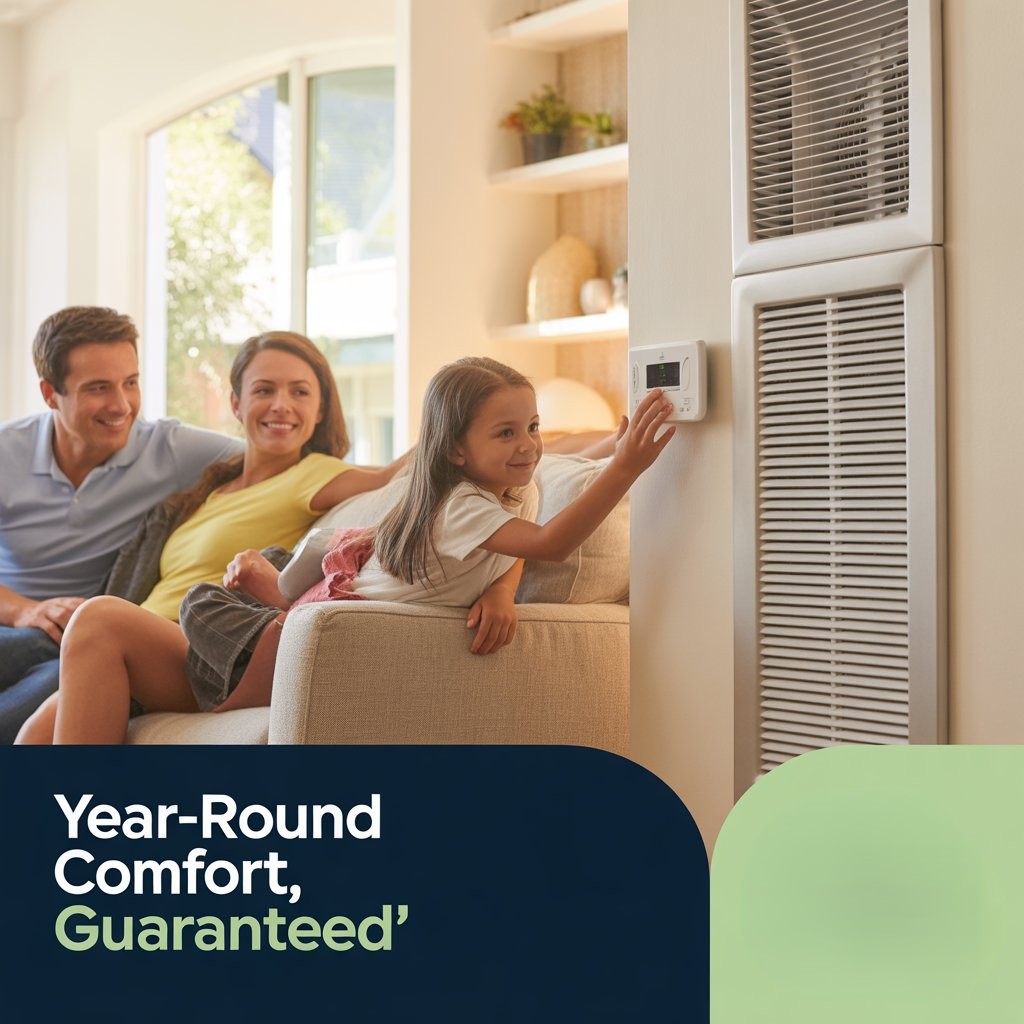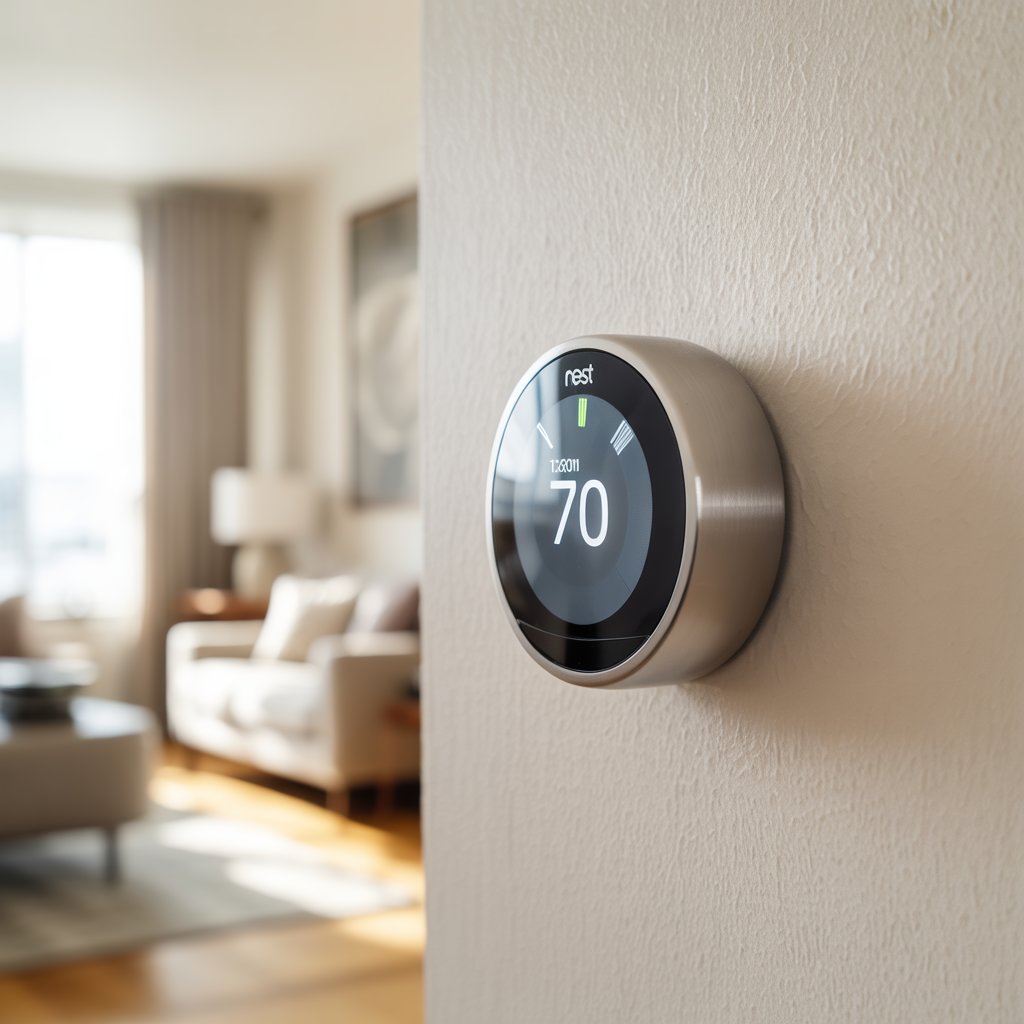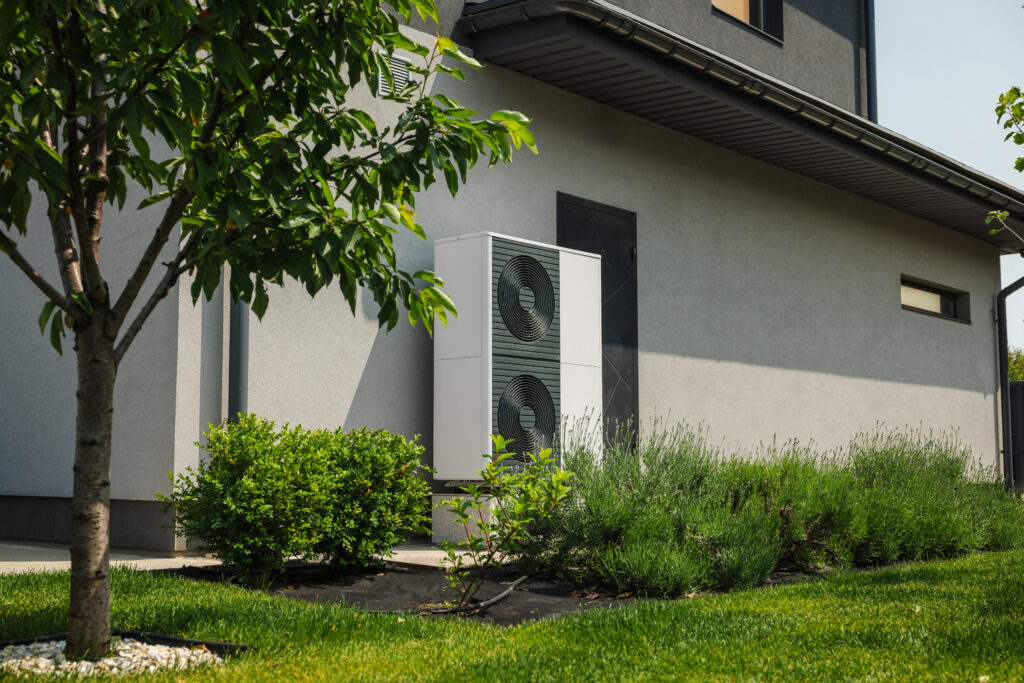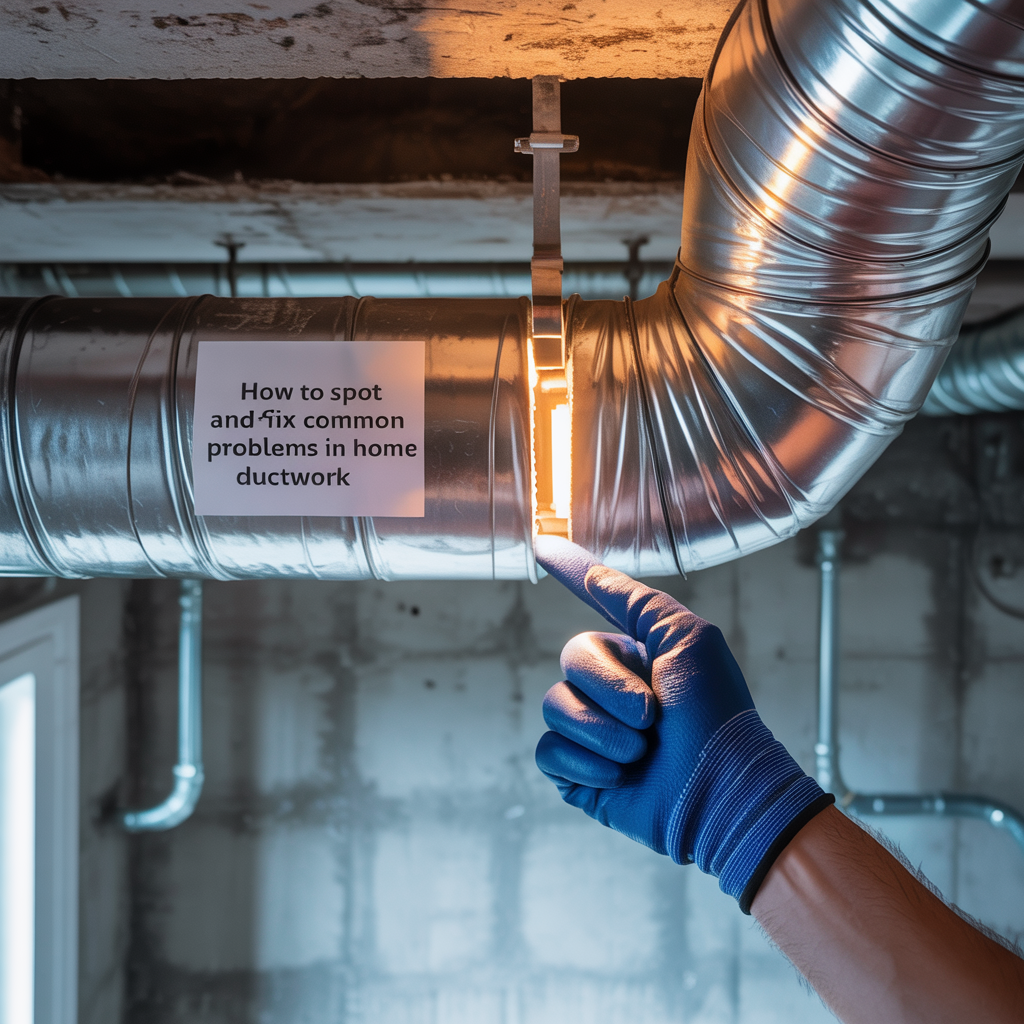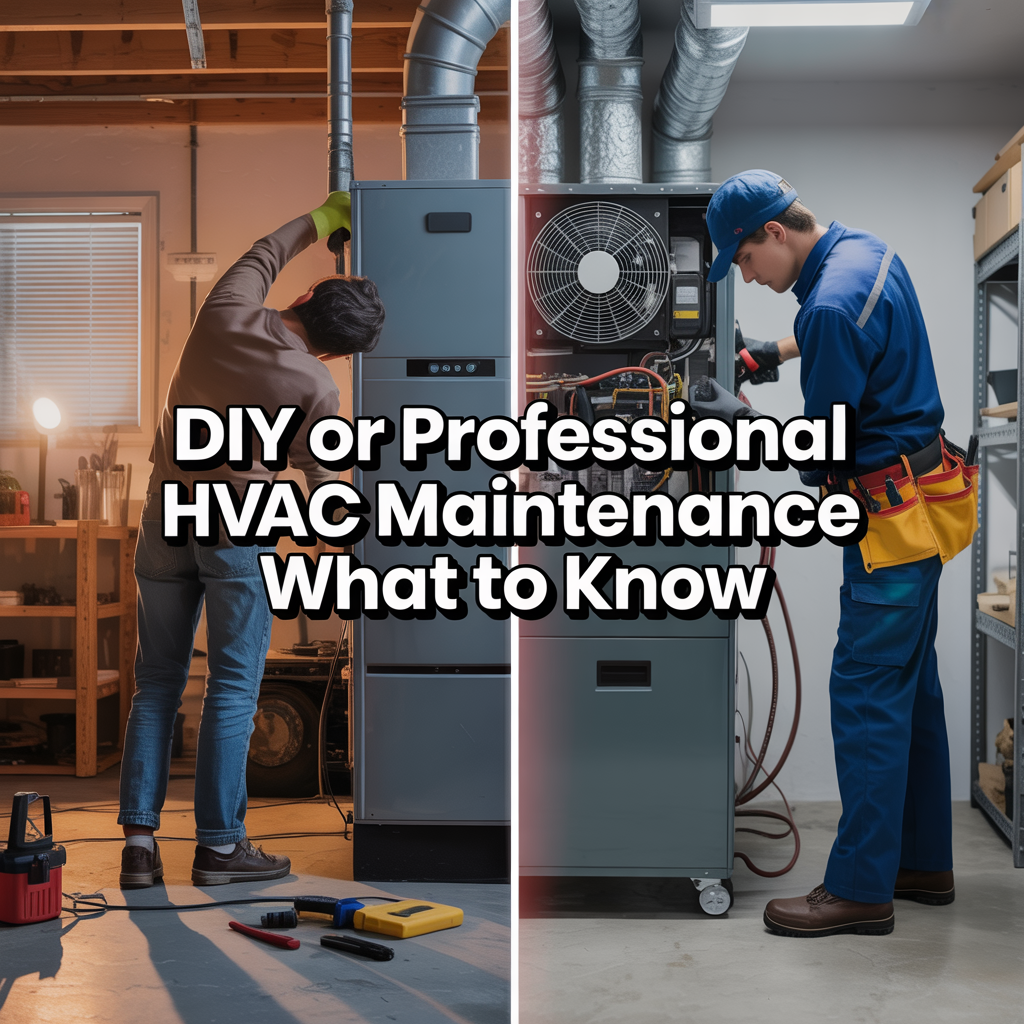Protecting Your Comfort and Savings
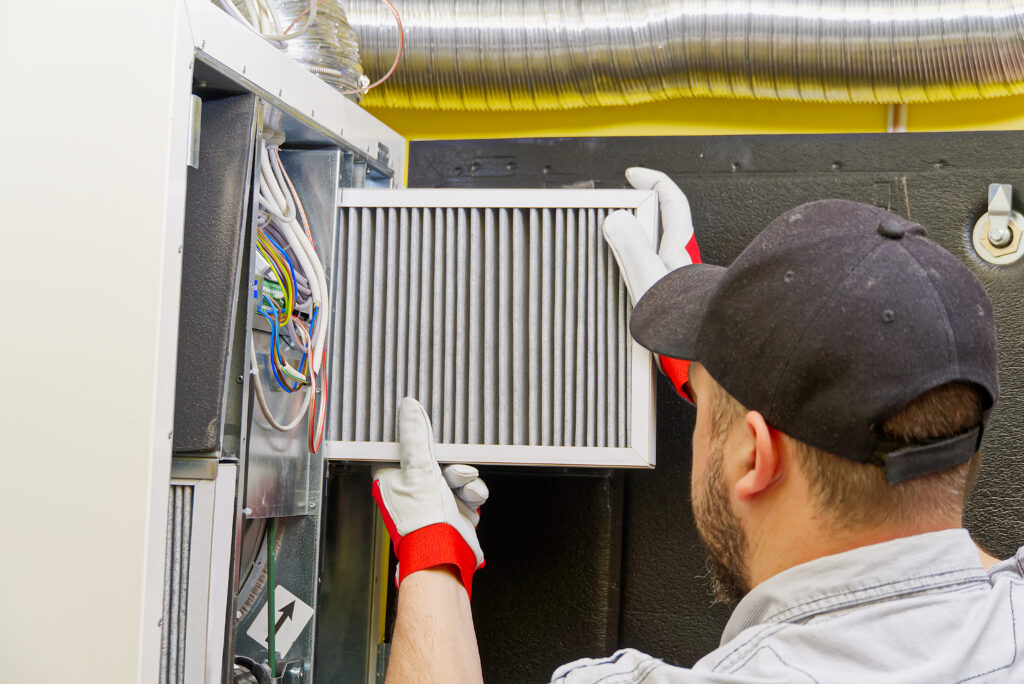
Your HVAC system is one of the biggest investments in your home, and like any investment, it needs regular care to perform its best. Unfortunately, many homeowners don’t think about their heating or cooling systems until something goes wrong — often leading to costly repairs or replacements.
The truth is, routine HVAC service is the key to keeping your system efficient, reliable, and long-lasting.
Why HVAC Maintenance Is Essential
Think of HVAC service as a health check-up for your home comfort system. It ensures every component — from the blower motor to the thermostat — works in harmony. Without regular service, dirt, dust, and wear can build up, causing the system to strain, overheat, or break down.
The benefits of routine maintenance include:
- Lower energy bills through improved efficiency
- Reduced risk of unexpected breakdowns
- Cleaner indoor air and better airflow
- Extended system lifespan
Regular maintenance can save homeowners up to 30% in energy costs annually and prevent up to 80% of common repair issues.
What’s Included in Professional HVAC Service
A comprehensive service visit typically includes:
- Checking and replacing air filters
- Cleaning coils, condensers, and blower parts
- Inspecting refrigerant levels
- Testing electrical connections and thermostat calibration
- Lubricating moving parts
- Ensuring safe operation of gas or heating components
These steps not only keep your system running efficiently but also help detect potential problems before they become emergencies.
Seasonal Maintenance: A Smart Schedule
Experts recommend servicing your HVAC system twice a year — once in the spring (for cooling) and once in the fall (for heating). This timing ensures your system is ready before extreme temperatures hit.
Spring tune-ups focus on your air conditioning components, while fall inspections prepare your furnace or heat pump for winter performance.
The Long-Term Value of Regular Service
Skipping maintenance might save money short-term, but it almost always leads to higher costs down the road. Dirty filters, clogged coils, and poor airflow make your system work harder, consuming more energy and shortening its lifespan.
Routine service preserves your investment, giving you cleaner air, consistent comfort, and peace of mind.
Conclusion
Regular HVAC service isn’t just about preventing problems — it’s about protecting your comfort, your wallet, and your family’s health.
📅 Schedule your annual HVAC maintenance today and keep your system running strong all year long! All American HVAC, Inc., 626.736.0962

